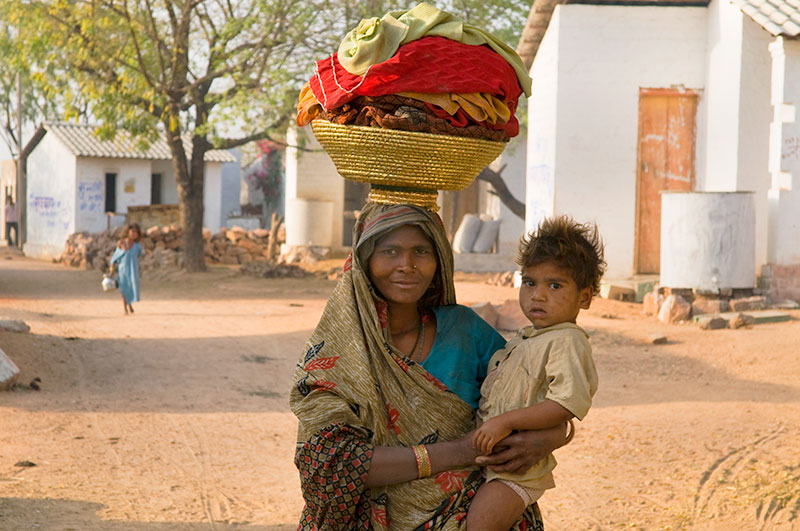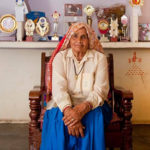The burden falling on working women to manage their household and work is a lived reality by multitudes of women. This specially stands true for women engaging in underpaid, uncertain small scale economic labor. Be it the domestic workers, the daily wage laborers, or the seasonal workers in the plantation farms or working with wedding organizers, they all take immense load in fulfilling triple shifts of taking care of household chores, earning for their family’s survival and also taking care of their children. In many such households of these women, their husbands are found to be engaged in very low earning, unstable work. Thus, these women become the major source of earning, the bread winners of the house. Juggling responsibilities take a toll on these women and hugely affect their capacities to breastfeed their newborns, putting women in a dilemma of whether to leave their work, to modify it or to risk their child being undernourished and stunted. As the Global Nutrition Report 2017 states, it is very important for children to be fed mother’s milk to ensure their nutritional and health standards. In India, the working conditions and wages are such for informal small scale economy that it almost becomes impossible for mothers to juggle their work and breastfeed their children for the first six months after they are born.


What are the difficulties?
Exclusively breastfeeding becomes impossible for most mothers as the nature of their work does not permit them to do so. Women engaged in domestic work find their employers complaining about them carrying their kids to work on the ground that children often disrupt the house environment, break things and also occupy their mother’s time which can be used more ‘productively’. For street side vendors the problem is slightly different. These women find it difficult to carry their kids along to their shops. Moreover, attending to them at peak hours of sale when they have to constantly engage and draw more customers, breastfeeding their kids doesn’t remain a feasible option to them.
Difficulties stem from their husbands and in-laws too. Solutions to exclusively breastfeed are not available to many as there are glaring cultural barriers to breastfeed while one works, i.e. expressed breast milk. Women mention that they often have to seek permission from their husbands and in-laws about pumping and expressing milk for their child. Mothers too have this misconception that breast milk is spoilt and it loses it nutritional values the moment it leaves their breast. The lack of financial stability and the nature of their work also make access to fridge or cold storage at home and work very difficult. Many of these women in informal work are found to return back to work within the first three months of giving birth, risking their child’s health and almost all return to work within a six months span. Children are thus fed solid food (cereals, pulses, porridge) thinned buffalo and cow milk all because breastfeeding for six long months is not an option. Being the breadwinner they cannot lose out on their source of income and thus are left with no options but to find unhealthy supplements and alternatives for their kids.
Necessity for creating more awareness
Whether a woman is giving birth to a boy or girl child still remains a major concern for many in our country. However, concerns about the women’s post-pregnancy health, their post-partum depression, the transition to child care, difficulties in breastfeeding their child, all remains absent from the narrative. With proper education, unlearning the cultural taboos and the government stepping in to tackle issues like lack of social protection, absence of work and employment and formidable environmental sanitation condition in which many of these women and their children survive, we all can hope to see a better day.




